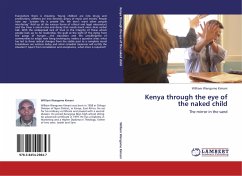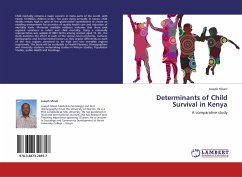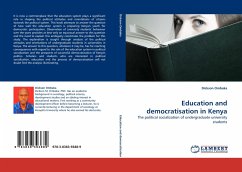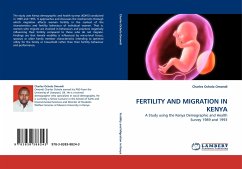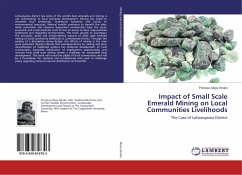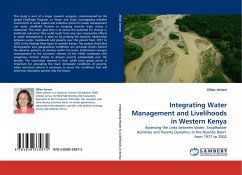
Integrating Water Management and Livelihoods in Western Kenya
Assessing the Links between Water, Smallholder Activities and Poverty Dynamics in the Nyando Basin from 1977 to 2002
Versandkostenfrei!
Versandfertig in 6-10 Tagen
39,99 €
inkl. MwSt.

PAYBACK Punkte
20 °P sammeln!
This study is part of a larger research program, commissioned by the global Challenge Program on Water and Food, investigating whether investments in social capital and collective action for water management can assist smallhold farmers in escaping poverty traps across a watershed. The main goal here is to assess the potential for change in livelihood outcomes that could result from any new cooperative efforts in water management. It does so by probing the dynamic relationship between water, livelihoods and poverty over the period from 1977 to 2002 in the Nyando River basin in western Kenya. T...
This study is part of a larger research program, commissioned by the global Challenge Program on Water and Food, investigating whether investments in social capital and collective action for water management can assist smallhold farmers in escaping poverty traps across a watershed. The main goal here is to assess the potential for change in livelihood outcomes that could result from any new cooperative efforts in water management. It does so by probing the dynamic relationship between water, livelihoods and poverty over the period from 1977 to 2002 in the Nyando River basin in western Kenya. The analysis finds that demographic and geographical conditions are principal drivers behind the dynamic patterns of poverty within the basin. Institutional changes consequential to the economic reforms of the 1990s combined with exogenous climatic shocks to deepen poverty substantially over the decade. The conclusion reached is that, while local group action is important for alleviating the most immediate conditions of poverty, wider structural reform is necessary to arrest the conditions that will otherwise reproduce poverty into the future.



